
Rock Breaks Scissors
A Practical Guide to Outguessing and Outwitting Almost Everybody
Recommendation
Being a mind reader gives you a competitive advantage: You can anticipate your competitors’ strategic moves or predict consumer desires. To gain this advantage, improve your skill at predicting people’s random behavior. Author William Poundstone teaches that while people strive to be spontaneous, they actually base their choices on unconscious patterns. Learn these patterns and you can uncover their game plans. Poundstone shows how to detect patterns in a wide range of settings, including sports, games and investing. He offers fascinating and potentially useful insights into the human bias toward order. Unfortunately, Poundstone provides too little guidance for applying these techniques in business settings. For example, he lacks a chapter on how these tactics can affect negotiation. Nevertheless, getAbstract believes his observations on human psychology make his insights and tactics valuable to salespeople, marketers, strategists and investors.
Summary
About the Author
William Poundstone’s 14 books include Are You Smart Enough to Work at Google? and How Would You Move Mount Fuji? He has written for The New York Times, Harper’s and the Harvard Business Review.


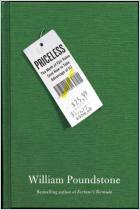
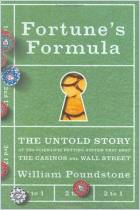
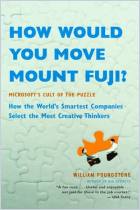
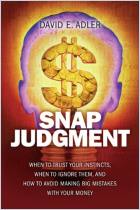
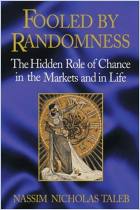
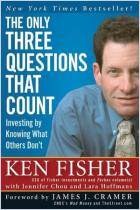
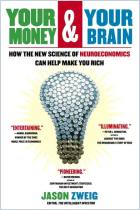
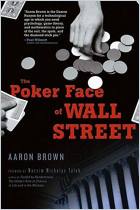
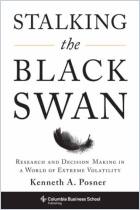



Comment on this summary